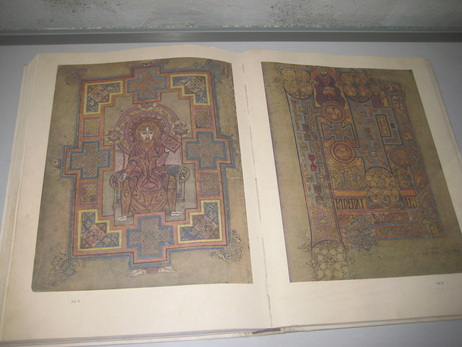posts
|
In Teaching Christianity, Augustine conveys to his disciples, other Bible teachers, that "there are certain norms for interpreting Scripture" (preface). Within an overall hermeneutical framework, which has been reflected upon greatly by scholars, Augustine offers some basic tools for approaching Scripture. For instance, he urges Bible teachers to have a grasp of the original languages of Scripture (Hebrew and Greek), but also to be conversant with things like Bible geography, natural history, chronology, numbers, science, history, dialectics, and philosophy (Teaching Christianity, 2.11, 16).
While advocating these tools, one of the most striking aspects of Augustine's hermeneutic was the value of love. That is, the impetus for exegesis and the outcomes of it should be loving God and loving neighbor. Though not preferable, Augustine went so far as to argue that even if a passage was misinterpreted but that love resulted, then that was acceptable. He writes: Whoever, then, thinks that he understands the Holy Scriptures, or any part of them, but puts such an interpretation upon them as does not tend to build up this twofold love of God and our neighbor, does not yet understand them as he ought (Teaching Christianity, 1.36). Augustine's warning--a very relevant one for today--is clear: we have not truly understood the Bible until we have applied it in such a way that our love for God and neighbor is evident. So hermeneutics is not limited to context, genre appreciation, word studies, syntax, and exegesis, it must have life in the way of application. In short, Augustine's urges us to adopt an agape driven hermeneutic. |
Archives
November 2023
|

 RSS Feed
RSS Feed
